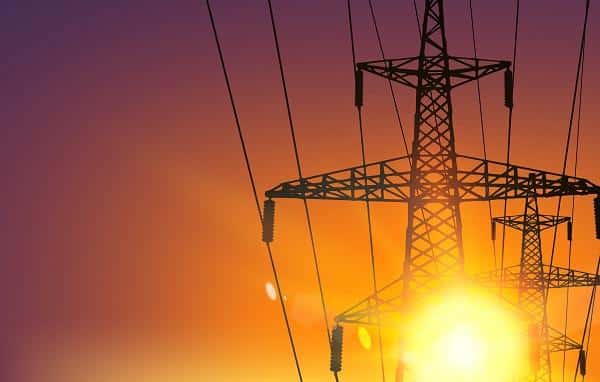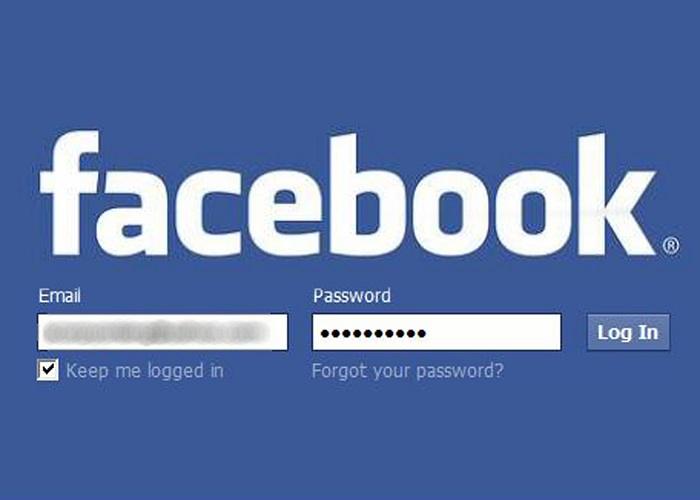The American culture survives on a lifeline of electrical wires. This power grid crisscrosses the country, bringing electricity to homes, offices, factories, warehouses, farms, traffic lights and even campgrounds. Pretty much everywhere you go, you can count on being able to plug in and have electricity to use.
It’s a good thing we have the power grid, as we use it extensively. Pretty much everything we use today requires electricity in one form or another. Our homes, places of businesses, entertainment and shopping are all made possible by electronic devices. Those devices do everything from pump our gas to heat our homes. They bring us information through the Internet and entertainment through our televisions. They keep our food from spoiling and cook it when we’re ready to eat. Unfortunately, without electricity, we could do little that we do today.
Granted, there are non-electrical means of doing many things that we depend on for electricity. Carpenters built homes before having electric power tools. Homemakers cooked food for their families without the array of electric appliances that we use today. Businesses were able to run without computers. But that was years ago. Today, we are dependent on those thin wires, carrying much-needed electricity into our homes and businesses.
It’s clear that damage to the power grid, whether the work of enemies or due to some natural disaster, would be disastrous to our country. Unfortunately, according to the report of the congressionally funded EMP Commission, power grid failure for one year would result in the death of nine out of every 10 Americans.
Here are six reasons all of us should be extremely concerned about our power grid problems:
1. The age of the power grid.
Our electrical grid is old. Originally designed to last 50 years, many parts have already surpassed that. There are even parts that are about 100 years old. Yet little is being done to replace the aged parts. This has resulted in the American Society of Civil Engineers giving the power grid a D+ for reliability.
Get Free Backup Electricity — That Works Even During Power Grid Failure
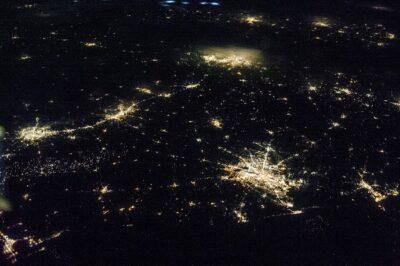
Part of the problem is financial. Currently, the grid needs an estimated trillion dollars worth of repairs and upgrades. Power companies, many of which run on a narrow margin, say they can’t afford to replace aged equipment, so they keep patching it up and using it. This is especially true of the companies who own the oldest equipment.
The other part is governmental. Everything from installing a new power pole to building a nuclear power plant requires an enormous amount of red tape. None the less, a wide number of government agencies have their finger in the pie, making the job all that much more complex.
2. Increased blackouts from power grid failure.
According to statistics gathered by the Department of Energy, major blackouts are on the upswing. Incredibly, over the past two decades, blackouts impacting at least 50,000 customers have increased 124 percent, according to DOE data. This is mostly the result of our aging power grid; with equipment staying online longer than its programmed life, chances of problems increase.
But we’re not just talking about power plants here. Much of the thousands of miles of wiring that makes up the grid is old, too. The weather takes its toll. Pretty much every major storm leaves people without power, and work crews rushing to make repairs. However, in recent years, those repairs have been larger and have taken longer to accomplish.
3. The war on electricity.
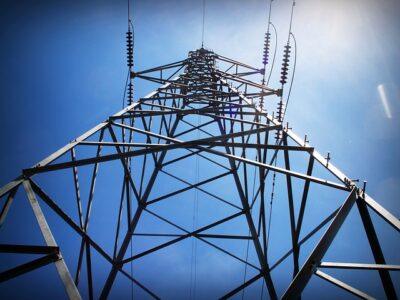
Most people have heard of President Obama’s war on coal – which Hillary Clinton supports — but the liberal war on power is much older than that. For decades, they’ve been waging a war on nuclear power, claiming that it is dangerous and that it pollutes.
While both of those are true, the reality of it is nowhere near the hype that is used to demonize nuclear power. In fact, it is one of the cleanest forms of power we have. It is also one of the cheapest sources of electrical power there is, mostly due to the fact that there is almost no “fuel” consumed for the huge amount of power that a nuclear power plant can produce.
Yet government agencies, particularly the EPA, have been holding up the works on building new nuclear power plants.
The war on coal compounds this, working to take away our most plentiful means of electrical power production.
4. Risk of an EMP or solar storm.
Surprisingly, one of the biggest power grid problems today is that of an EMP attack or solar storm. A high-altitude EMP, created by a nuclear device exploded 300 miles over the center of the country, could kill the entire grid, as well as destroying the vast majority of our electronics. Almost nothing has been done to prepare for this threat. Additionally, a major solar storm – such as the 1859 one that took out telegraph machines – could wipe out the power grid.
Both North Korea and Iran have publically stated a desire to destroy the United States. North Korea has nuclear bombs and is working hard at improving their missile technology.
Either of these countries, both of which are enemies, could destroy the United States with one EMP explosion, launched from a cargo ship in the Gulf of Mexico. Even with missile technology as simple as the SCUD missile, which dates back to the German V2 rocket at the end of World War II, a large part of the country’s grid could be put out of commission. Sadly, with two to three simultaneous attacks, using these simple missiles, the entire country would go dark.
Pocket-Sized Solar Generator Keeps Your Family Alive In Any Crisis!
We have no defenses against an EMP – or protection against a solar storm. Some parts of the military are protected, but not even the government is properly protected, let alone the rest of us.
The transformers within the power grid are custom built for each substation, meaning that there is no inventory of replacements. If several are taken out, it could take months to replace them.
5. Possibility of cyber-warfare.
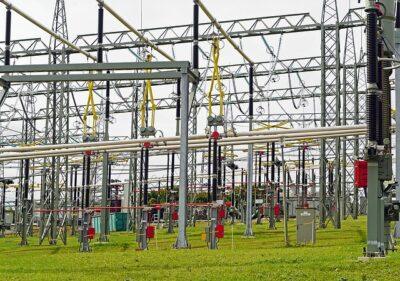
Every day our power grid is “tickled” by foreign hackers, attempting to infiltrate and find ways of taking control and cutting off our power. The cutting edge of cyber-warfare is in China, with Russia close behind. However, our defenses against cyber-attack are weak, something you can be sure our enemies know.
It is believed in fact that, at the highest levels of our intelligence community that China could shut down our power grid at any time. This has already been done in other countries; one example was when Russia shut down the grid in the Ukraine. If they can do it, you can be sure that China can, as well. They started the idea of cyber-warfare.
6. Direct terrorist attacks against the power grid.
It wouldn’t take anything as sophisticated as cyber-warfare or an EMP to take down the grid. In 2014, an attack was conducted on a power substation in San Jose, California. However, while the perpetrators were never caught, many think this was a practice run for a direct terrorist attack.
In fact, taking out as few as nine critical substations in the country could destroy the entire grid, according to a Federal Energy Regulatory Commission (FERC) report. While the locations of those particular substations are a tightly held secret, our enemies certainly are trying to learn where they are.


